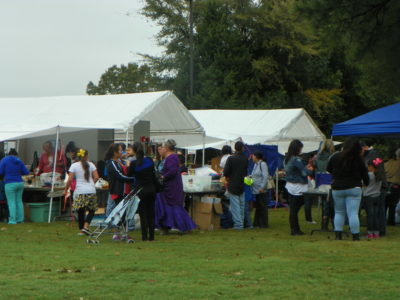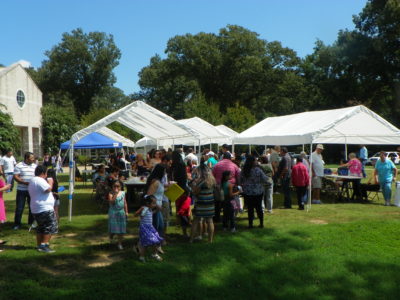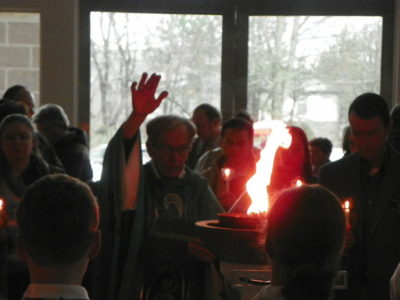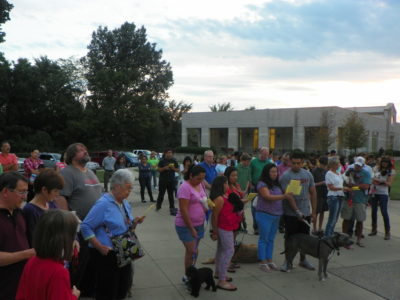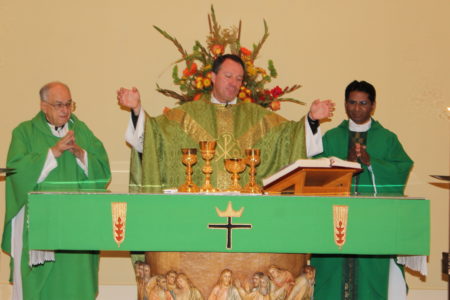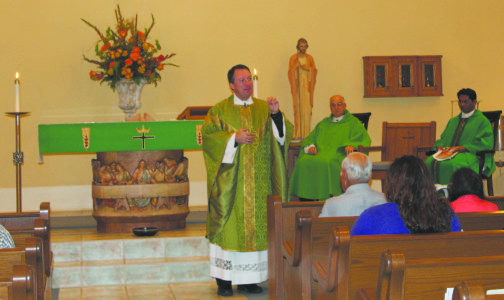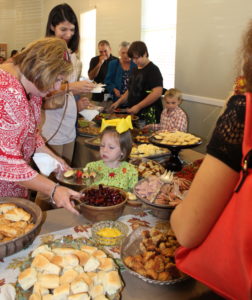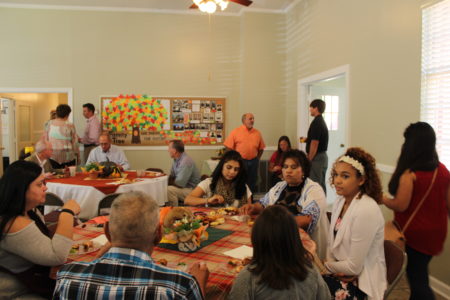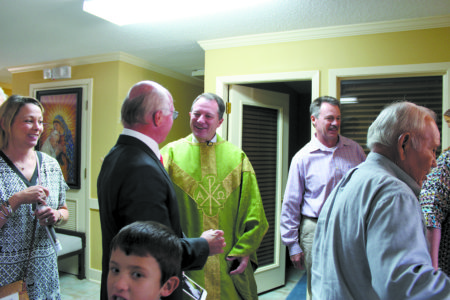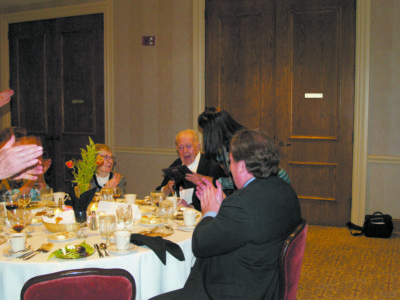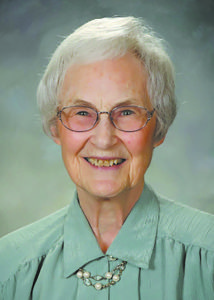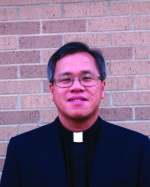By Father Ron Rolheiser, OMI
There’s nothing simple about being a human being. We’re a mystery to ourselves and often our own worst enemies. Our inner complexity befuddles us and, not infrequently, stymies us. Nowhere is this truer than in our struggle with love and intimacy.
More than anything else, we hunger for intimacy, to be touched where we are most tender, where we are most ourselves, where all that’s most precious in us lies, vulnerable and yearning. Yet, in the actual face of intimacy, sensitive people often become disquieted and resistant.
We see two powerful instances of this in the Gospels: The first in a story, recorded in all four Gospels, where a woman enters a room where Jesus is dining and, in a series of lavish gestures, breaks an expensive bottle of perfume, pours the perfume onto his feet, washes his feet with her tears, dries them with her hair, and then begins to kiss his feet. What’s the response of those in the room, save for Jesus?
Discomfort and resistance. This shouldn’t be happening! Everyone shifts uncomfortably in their chairs in the face of this raw expression of love and Jesus, himself, has to challenge them to look at the source of their discomfort.
Among other things, he points out that, ironically, what they are uncomfortable with is what lies at the very center of life and at the very center of their deepest desires, namely, the pure giving and receiving of love and affection. It’s this, Jesus affirms, for which we are alive and it’s this experience which prepares us for death. It’s what we are alive for. It’s also what we most yearn for? So why our discomfort and resistance when we actually face it in life?
The second instance occurs in John’s Gospel where, at the Last Supper, Jesus tries to wash his disciples’ feet. As John records it, Jesus got up from the table, stripped off his outer robe, took a basin and towel, and began to wash his disciples’ feet. But he meets discomfort and resistance, clearly voiced by Peter who simply tells Jesus: “Never! You will never wash my feet!”
Why? Why the resistance? Why resistance in the face of the fact that, no doubt, more than anything else, what Peter most deeply desired was exactly that Jesus should wash his feet, that he would enjoy this kind of intimacy with Jesus?
Answering the question of our struggle with intimacy in this context provides one clue for why we sometimes become uncomfortable and resistant when we are in the actual face of what we desire so deeply. Our feet are too-intimate; they’re a part of our bodies where we worry about dirt and smell, not a part of ourselves that we feel comfortable having others touch.
There’s an innate vulnerability, a discomfort, an inchoate shame, attached to having someone else touch and wash so intimate a part of us. Intimacy demands an ease which our vulnerability sometimes renders impossible. And so this text speaks to one kind of resistance to intimacy, to a particular unease within certain circumstances.
But Peter’s resistance here speaks too of something else, something more salient: If we are healthy and sensitive, we all will naturally experience a certain discomfort and resistance in the face of raw gift, before raw intimacy, before raw gratuity. And, while this is something to be overcome, it’s not a fault, a moral or psychological flaw on our part.
On the contrary, in its normal expression, it’s a sign of moral and psychological sensitivity. Why do I say this?
Why is something that seems to block us from moving towards the very essence of life not a sign that there’s something fundamentally wrong inside of us? I suggest that it’s not a flaw but rather a healthy mechanism inside us because narcissistic, boorish
and insensitive persons are often immune to this discomfort and resistance. Their narcissism shields them from shame and their callousness allows them an easy and brute ease with intimacy, like someone who is sexually jaded enough to be comfortable with pornography or like someone who takes intimacy as something to be had by right, casually or even aggressively. In this case, there’s no shame or discomfort because there’s no real intimacy.
Sensitive people, on the other hand, struggle with the rawness of intimacy because genuine intimacy, like heaven, is not something that can be glibly or easily achieved. It’s a lifelong struggle, a give and take with many setbacks, a revealing and a hiding, a giving over and a resistance, an ecstasy and a feeling of unworthiness, an acceptance that struggles with real surrender, an altruism that still contains selfishness, a warmth that sometimes turns cold, a commitment that still has some conditions, and a hope that struggles to sustain itself.
Intimacy isn’t like heaven. It is salvation. It is the Kingdom. Thus, like the Kingdom, both the road and the gate towards it are narrow, not easily found. So be gentle, patient, and forgiving towards others and self in that struggle.
(Oblate Father Ron Rolheiser, theologian, teacher and award-winning author, is President of the Oblate School of Theology in San Antonio, Texas)
